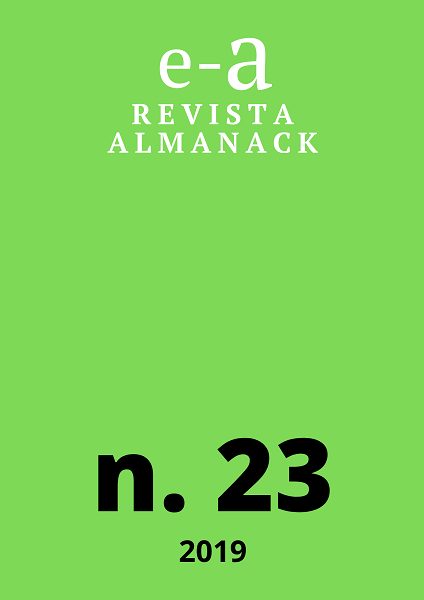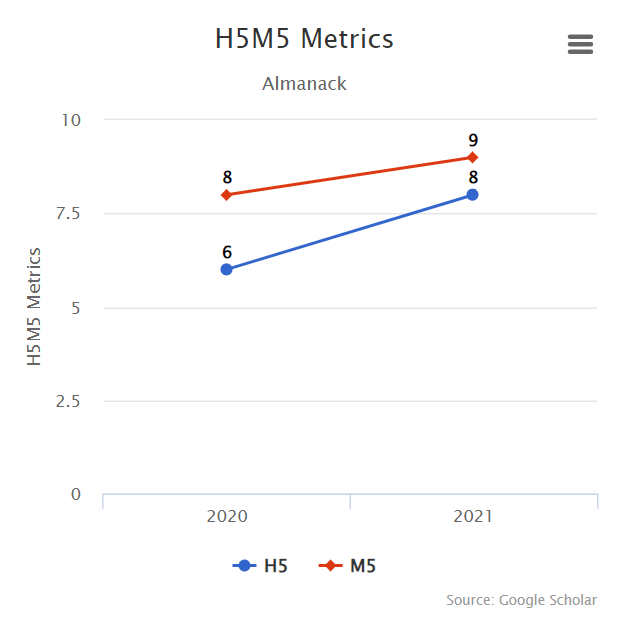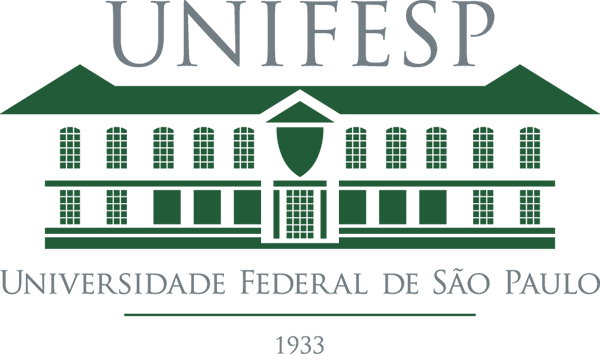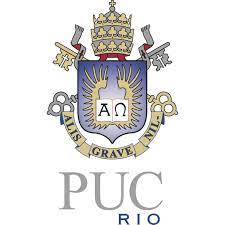CAPITALISM, SLAVERY AND THE MAKING OF THE PARAHYBA VALLEY SLAVEHOLDING CLASS: A THEORETICAL DEBATE ON WORLD-SYSTEM PERSPECTIVE
DOI:
https://doi.org/10.1590/2236-4633Palavras-chave:
Slavery – Slaveholding Class – Parahyba Valley – Brazilian Empire – Coffee – World System – Second SlaveryResumo
This paper presents a theoretical debate on global and systemic perspectives concerning the connections between slavery and capitalism in the making of Brazilian slaveholding class in the nineteenth century. Based on the concept of Second Slavery, the expansion of coffee plantations in Parahyba Valley (Rio de Janeiro) is understood as part of the expansion of capitalism after the Industrial Revolution. Therefore, the making of a new slaveholding class in the 1830s and their crisis after the 1860s was as much a part of the Capitalist World System dynamic as other ruling classes rising in the same period, such as slaveholding classes in Cuba and in the South of the United States and of European and North-American bourgeoisies.














 Esta revista é licenciada pela licença
Esta revista é licenciada pela licença